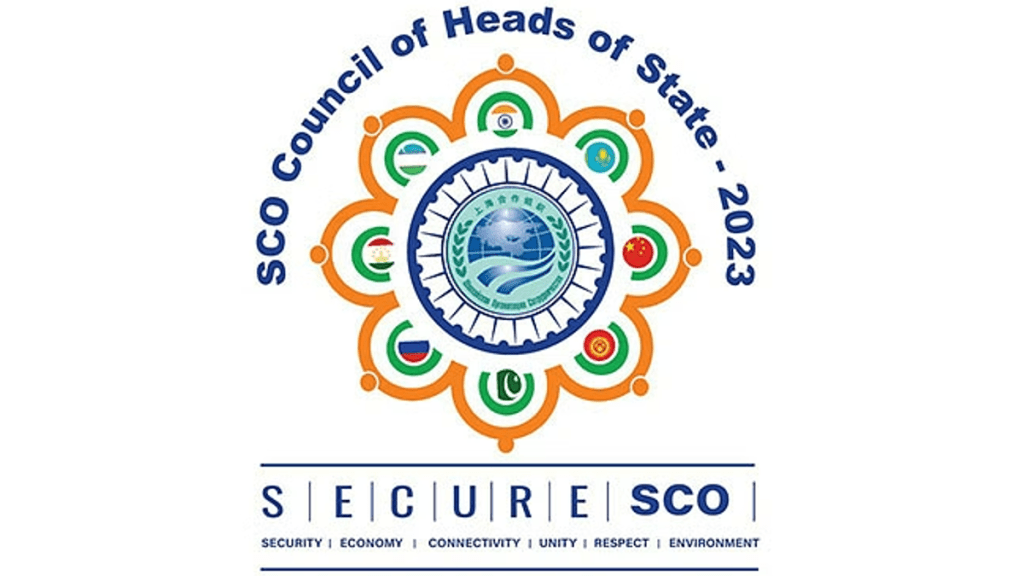The stage is all set for India to host G20 and Shanghai Cooperation Organisation (SCO) summits this year, where its regional and global multilateralism will be at full play. India took over the Presidency of the SCO and G20 in 2022 at the Samarkand and Bali summits respectively and will for the first time hold talks in India.
The SCO is a regional organisation focussing primarily on Central Asia and its neighbourhood, while the G20 is an informal international forum for issues of global governance.
Importance of the two summits
“The two summits are important for several reasons: first, they will offer India an opportunity to outline its own brand of multilateralism. Several experts of international politics believe that India has been a ‘follower’ rather than a ‘leader’ in the multilateral organisations. New Delhi needs to outline its own normative framework which will determine its operations at these organisations,” Prof Rajan Kumar, School of International Studies, JNU, tells Financial Express Online.
“Promoting national interests is fine, but as a leading state, India needs to articulate its own norms and ideas which would guide its policies and will help other developing countries. For instance, its stance on liberal democracy, regime change, multilateral reforms, sovereignty, nuclear proliferation and climate change requires elaboration. New Delhi often appears defensive when the West criticises it on normative grounds,” he says.
India’s presence at the G20 and the SCO underlines its significance at the regional as well as the global level. “It becomes clear when one compares it with Pakistan, which is a member of the SCO but not the G20. In contrast, China, Russia and India are members of both the organisations. In a way, it elevates India’s status and shows its global outreach,” Prof Rajan says.
SCO Agenda
At the SCO, India will focus primarily on regional security – be it terrorism, drug trafficking or stability in Afghanistan. The AF-Pak region is emerging as a hot-bed of radicalism and terrorism. “The SCO has a limited influence there. Nonetheless, it is the only regional organisation which can put pressure on the Taliban’s regime. On security issues, India’s interests converge with Russia, Central Asian states and Iran. The smaller states of Central Asia need assistance from regional powers to stem the tide of radicalism and terrorism,” Prof Rajan says.
Further, the SCO is a pivotal organisation for any country seeking to play a role in Central Asia. The success of India’s connecting Central Asia policy is also contingent upon its support from the SCO members.
In his opinion India must stand with the states of Central Asia which are under immense pressure due to events in the post-Soviet states, especially in Ukraine. They look forward to India as a stabilizer and a balancer in the region. “The Central Asian member countries are trying to diversify their foreign policy. And they consider New Delhi to be a benevolent player with no territorial or political ambitions unlike other neighbours,” he opines.
Hectic January
Four senior officials meetings (SOM), National Coordinators meeting, SCO Film Festival are all scheduled to take place in this month. The SOMs and National Coordinators will meet in Kashi which has been designated as the first-ever Tourist and Cultural Capital of SCO for 2022-23.
At the forthcoming Surajkund mela SCO is a partner organisation.
Besides the summit level meeting later this year, India is also hosting defence and NSA level and foreign ministers meet of the grouping throughout the year.
Ahead of the summit India will host other meetings of the grouping including the defence and NSA level, as well as foreign ministers.
Will the ministers of China and Pakistan be present, there is no clarity.
SCO is a two decades old organisation with countries like Russia, China, India, Pakistan and four Central Asia countries including Kyrgyzstan, Tajikistan, Kazakhstan, and Uzbekistan as its members. As Financial Express Online has reported earlier Iran is the latest country to become a member of the grouping. Many nations have shown interest in becoming part of the grouping, especially from the Arab region as many of them hold dialogue partners status.

